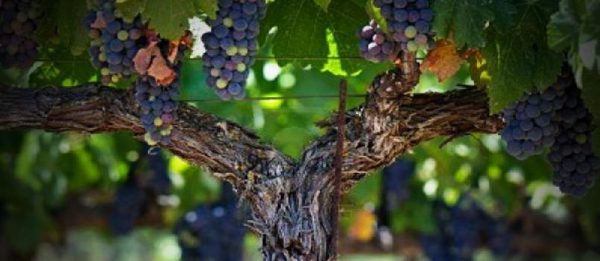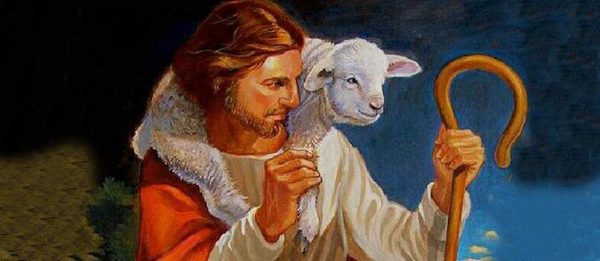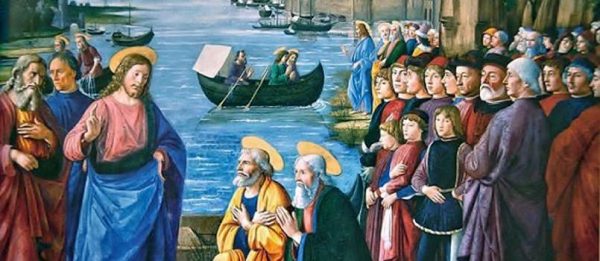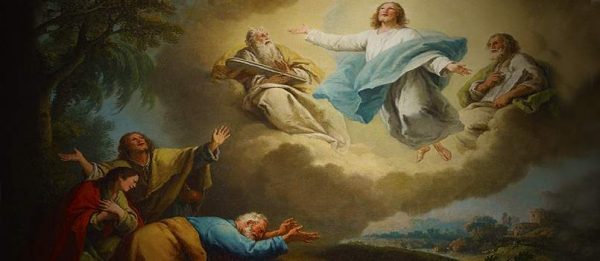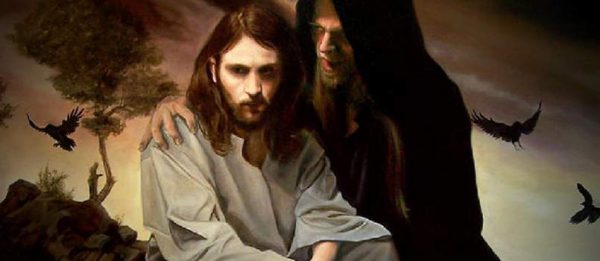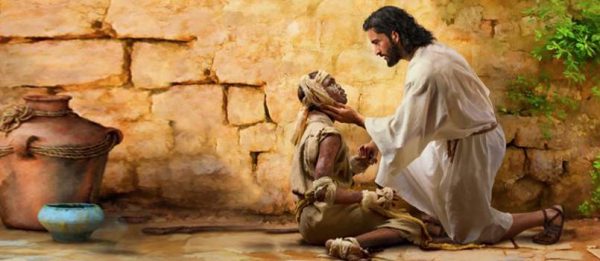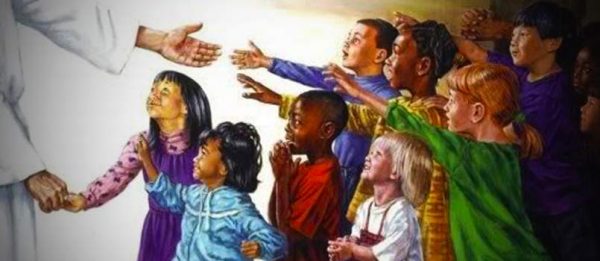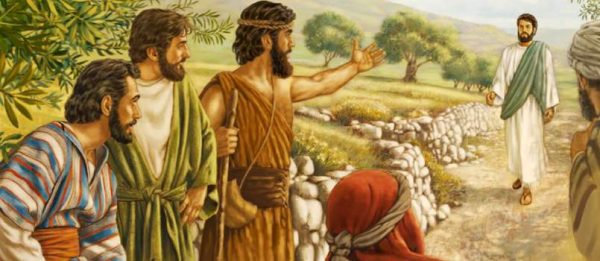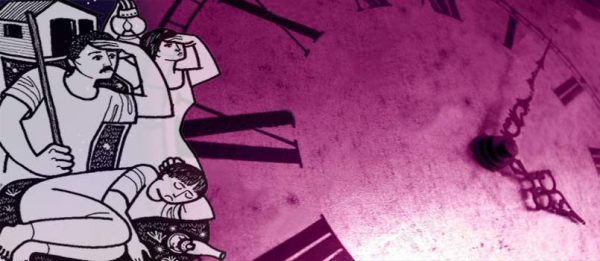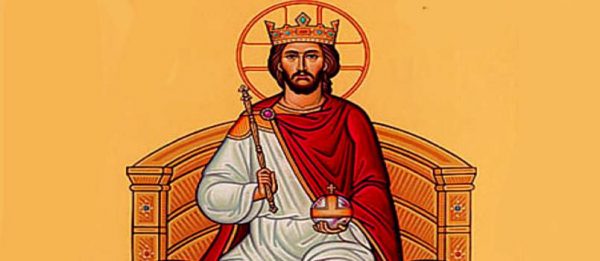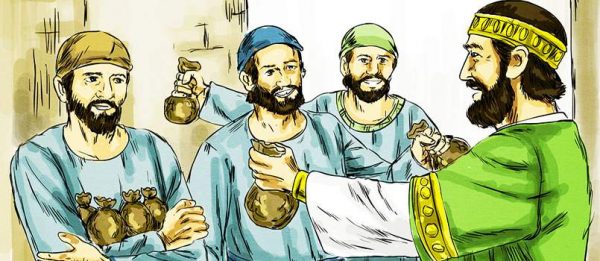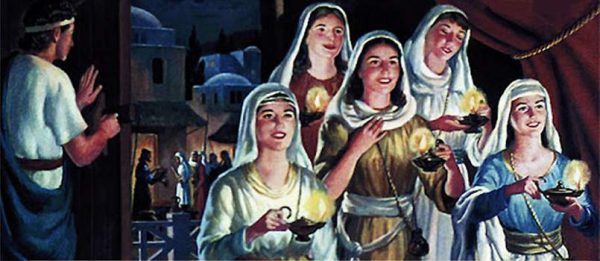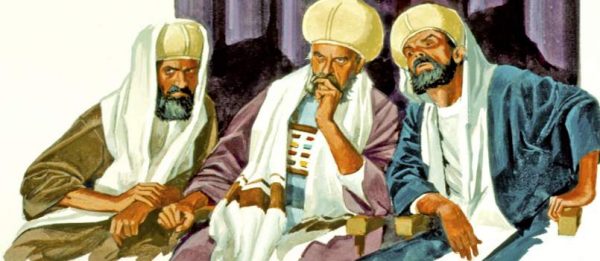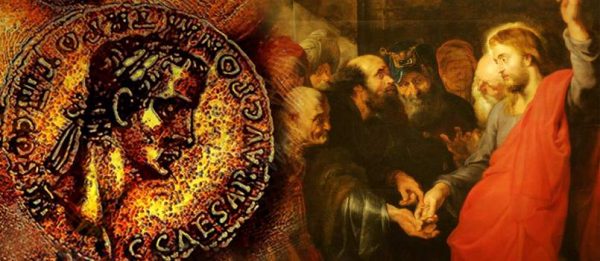280 total views
The German philosopher Martin Heidegger rightly said in one of his writings that we are all “beings of forgetfulness.” It is a disease without any cure afflicting us all that we fail to lead “authentic living” and thus lead us into so much mess as individuals and as a nation. We easily forget, thus never learn in life. To remember is not only about people and events in the past but also about being aware of the present moment, of finding our bearing to lead us through our direction in the future. The word “remember” is from two Latin words that literally mean “to make one a part again” or “a member again”. When we remember someone living or dead, when we remember an experience or anything, we make that a part of our present. Such is the beauty of remembering because we can make an absent person present with us anytime that could be so real complete with his/her laughter and antics or mannerisms! In a sense, to remember implies power and authority or, kingship as one can make someone or something always present even from afar, whether in place or in time. Only God can be present always as He revealed Himself to Moses in the burning bush as “I AM WHO AM”, the perfect presence. In the Letter to the Hebrews, we find its author declaring “Jesus Christ is the same today, yesterday and forever.” More than being perfect not bounded by time and space, we also find in God through Jesus Christ a different kind of power found not in strength and superiority but power found on the path of weakness and meekness. Hence, in celebrating this Solemnity of Christ the King we are told of that beautiful scene of Jesus and the “good thief” dying on the cross.
Then he said, “Jesus, remember me when you come into your kingdom.” He replied to him, “Amen, I say to you, today you will be with me in Paradise.” (Lk.23:42-43)
In the Bible, to remember is more of an attribute of God than of humans. It is God who always remembers humans who always forget and turn away from Him. Moreover, it is God who always remembers the goodness in every person as His greatest creation despite our sinfulness. Here we find the big difference of our remembering from God’s remembering: we focus more on what is not good while God remembers always our being precious in His eyes. When the good thief asked Jesus to remember him when He comes into His kingdom, he was abandoning everything to the powers of the true King. The good thief entrusted his total self to Jesus, begging Him to make him a part of His kingdom. It was the complete opposite with the other thief who would rather cling on to his perceived power, insulting Jesus to set them free. He merely wanted to use Jesus for his own end without any desire to be a member and part of the true King and Lord of all. The good thief remembered his ultimate end and destination which is heaven while the other thief remembered the passing world of which he was very much its part. The good thief remembered more about the truth of his being a sinner in need of God’s salvation and mercy while the other thief remembered more, even held on, to the falsities of the world like security and happiness. What we remember is always our bigger whole. Is that whole simply our very selves or does it include God and others? Is that bigger whole simply our present and passing world or includes eternity, heaven? What and who do we always remember, to what and to whom do we attach more?
On this Solemnity of Christ the King, let us make God a part of our being, of our lives and follow His path of mercy and forgiveness, love and kindness. The Jubilee of Mercy closes on this Sunday but may we continue to remember the mercy we have received from the Father in Christ Jesus through the Church. Pope Francis beautifully said in “Amoris Laetitia” that “the Church is not a tollhouse; it is the house of the Father, where there is a place for everyone, with all their problems.”(#310) The Holy Father repeatedly explained in this letter how imperfect we humans are that without disregarding the importance of morality and doctrines, we are always called to love, “via caritas” or the way of charity like Jesus on the cross forgiving the repentant thief. The first reading reminds us of how David in his youth and many weaknesses was able to unite Israel in the name of God, in the power of God. David is a fine example of someone who had lived his life always in God, never apart, despite his weaknesses and sins. After realizing the gravity of his sin in taking the wife of one of his generals, he remembered the Lord and begged for forgiveness. God not only forgave him but assured him to always remember His promise of the future King coming from David’s lineage fulfilled in Jesus Christ. When we remember, we not only think of our very selves but also of others and most especially of God who is our very grounding and root. We are all members and interconnected in Christ, “the image of the invisible God, the first born of all creation. For in him were created all things in heaven and on earth, the visible and the invisible; all things were created through him and for him.” (Col.1:15-17)
The Greeks have a beautiful term for remembering called ANAMNESIS. It is more than remembering something in the past but also making that present like in the Holy Mass when we fulfill Christ’s command to “do this in memory of me.” When we celebrate the Eucharist every Sunday, we not only remember our salvation earned for us by Jesus in the past on the Cross but most of all, we make Him present in us and among us. St. John Paul II described every Eucharist as a “cosmic experience… because even when it is celebrated on the humble altar of a country church, the Eucharist is always in some way celebrated on the altar of the world. It unites heaven and earth. It embraces and permeates all creation.” (Ecclesia de Eucharistia, #8.) There is no other king who has such tremendous powers we all have experienced and can attest to. May we pray like the good thief asking Jesus to remember us in His kingdom because when we do so, we also remember Him above all as our King and Lord. Amen.
Fr. Nicanor F. Lalog II
Parokya ni San Juan Apostol at Ebanghelista
Gov. F. Halili Ave., Bagbaguin, Sta. Maria, Bulacan.











